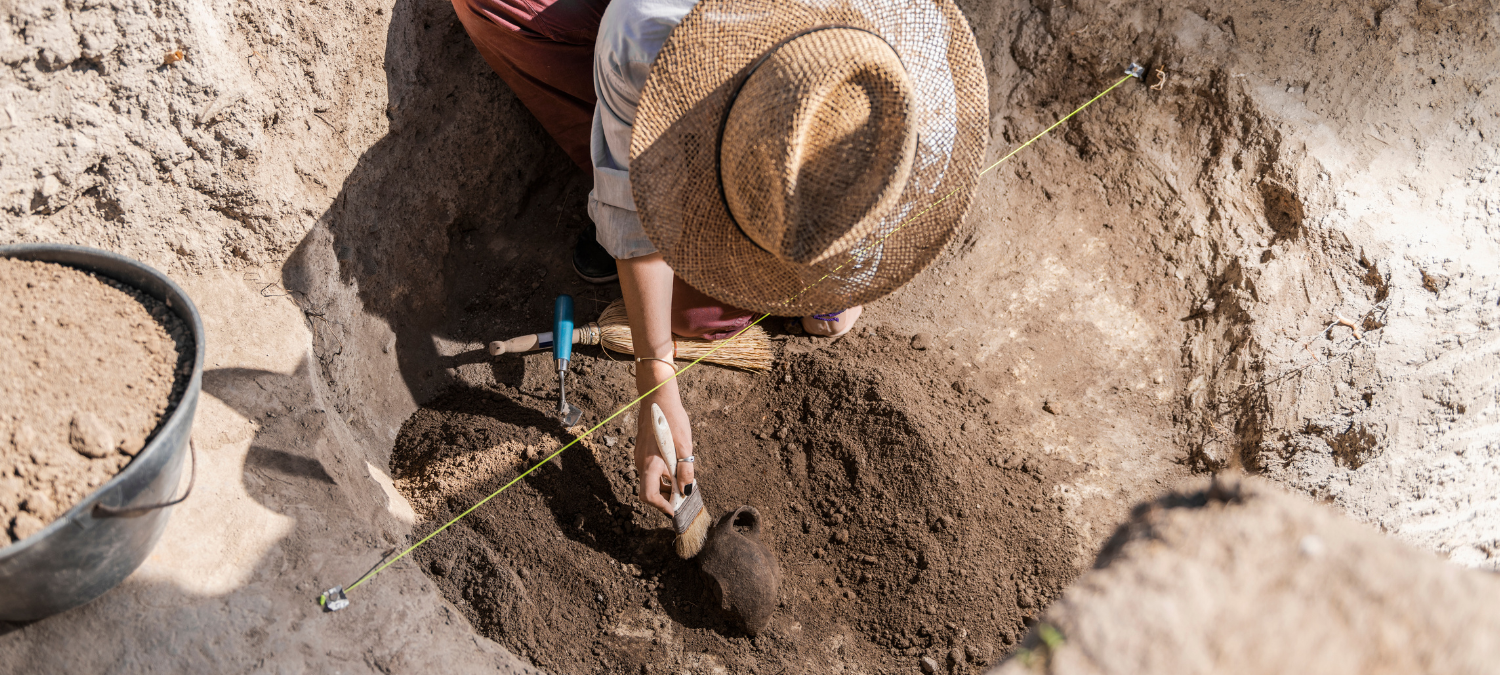
Community Archaeology in Contin
A cultural and educational project led by Contin Community Council aims to explore the early settlement of Contin. It is funded by the EDF Renewables Corriemoillie Wind Farm Community Benefit Fund.
The EDF Renewables Corriemoillie Wind Farm Community Benefit Fund - Contin is a sub-fund of the EDF Renewables Corriemoillie Wind Farm Community Benefit Fund. The fund supports a diverse range of projects with local priorities for the fund, based on community consultation, including heritage, youth activities, play parks for younger kids, community gardens, social events, and activities for families and other residents.

Contin’s Hidden History is a project led by Contin Community Council that aims to explore the early settlement of Contin, Ross-shire, and its church, which was founded by St Maelrubha in the 8th century AD.
In late 2020, Contin Community Council received an award from this fund of £2,744 to research and survey historical sites around Contin to determine the significance of the local history and to then promote the findings.
There were various delays to the project in the initial stages, mostly due to pandemic-related restrictions. This meant that not all planned activity took place and there was an underspend on the project.
However other opportunities arose in this period, particularly building a link with the Orkney Research Centre for Archaeology (ORCA) which is part of UHI.
The ORCA team bring significant technical expertise as well as considerable experience of community engagement, both in training volunteers and sharing the survey results. This new partnership led to a rethink on the project plan and a bid for additional funding to cover the cost of the professional input.

The funding request in 2023 was for a further £2,750 to add to the underspend of £2,400 from the 2020 award to contribute to the overall project cost of £10,103, with match-funding from Historic Environment Scotland (HES). These costs are mostly based on professional staff time to carry out the technical survey work and to deliver the community outreach aspects, along with associated expenses. There has been considerable in-kind input from local volunteers in managing and delivering the project, and developing it in the longer term.
The new project aimed to investigate the fields around Contin church for evidence of medieval/pre-medieval structures, using specialist survey equipment. Local people were involved at all stages, and had opportunities to learn archaeological methods and techniques.
Four local residents were trained and took part in the survey work and, in addition, 50 pupils from Strathpeffer Primary School visited the team during the survey. Pupils had a try with the magnetometer and helped collect data with the earth resistance instrument. A follow-up workshop was held at the primary school with the same pupils, delivered by ORCA staff.
A public talk was held at Contin Community Hall (5th Dec) as part of the Highland Archaeology Festival. It was attended by 55 people and the results were met with interest. There was strong support for continued work on the island. A poster presentation about the project was presented at the Highland Archaeology Festival conference the weekend after the talk.
The survey work provided a picture of activity across Contin island. Although no evidence was found for an extensive medieval settlement, there is the possbility that structures to the south of the church could be significant and according to ORCA and HES, this merits further research, which will be the focus of the next stage of the project.
Volunteer Phil Baarda said:
“This project ran very smoothly with no issues or concerns. We planned the work closely with Orca and Strathpeffer Primary school - we found that thorough planning according to a realistic timetable paid off. Without EDF funding we would not have been able to run the project - it was a great boost to us, and we’re very grateful, especially as we’re now looking towards a phase II project based on the the findings of this first one.”




